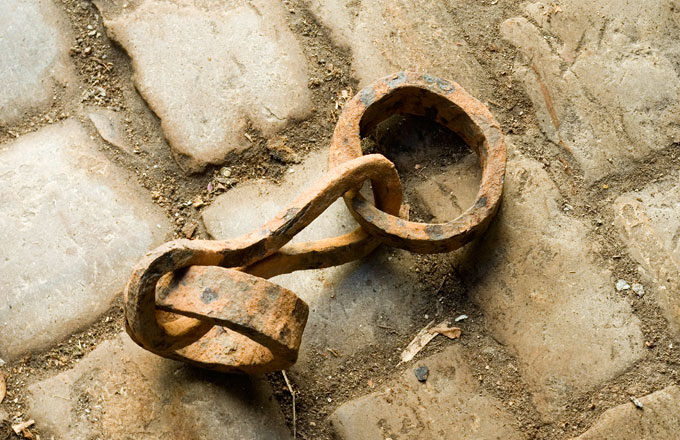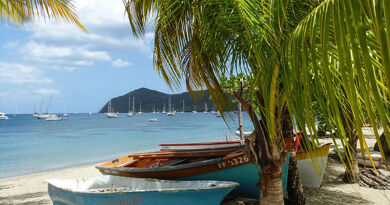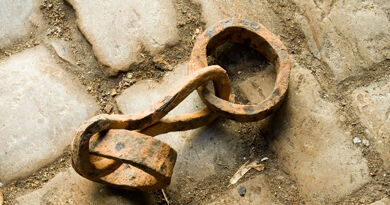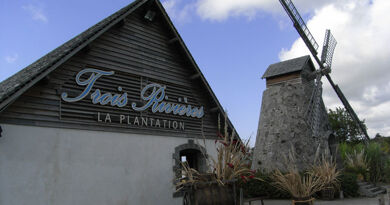Sugar, slavery and the slave trade
When Jean-Baptiste Du Tertre wrote his “General History of the French West Indies”, we are at a crucial turning point in the history of the West Indies. The 1660s constitute a key period we witness the establishment of the slave system. Sugar becomes at the same time the reason (ratio) and the engine of the maintenance of the Antillean colonies as such.
The prodigious extension of sugar cane at the expense of other crops which in fact already seemed more suited to local needs, the fact that the islands became, from 1660, sugar islands, first responded to a demand more and more of this product, which has recently come to European consumption, but above all found themselves linked to this historical fact that the economic development of European countries was a function of wealth, which itself had to come from a new type of trade. based on the exploitation of a certain number of territories whose function was to supply European countries with a key product.
In the West Indies, this product was sugar. The framework of this exploitation was the installation, with its strict rules, its particular relationships, its immutable codes, of the Slavery Society. The slave trade was for the Europeans an eminently profitable activity, and this for three and a half centuries. The massive deportation of negroes from various parts of the African continent, from very heterogeneous areas in terms of their degree of economic and social development, constituted a new and unique phenomenon in the history of mankind. The slave trade was a kind of eternal beginning; new contingents came constantly to replace dead slaves.




